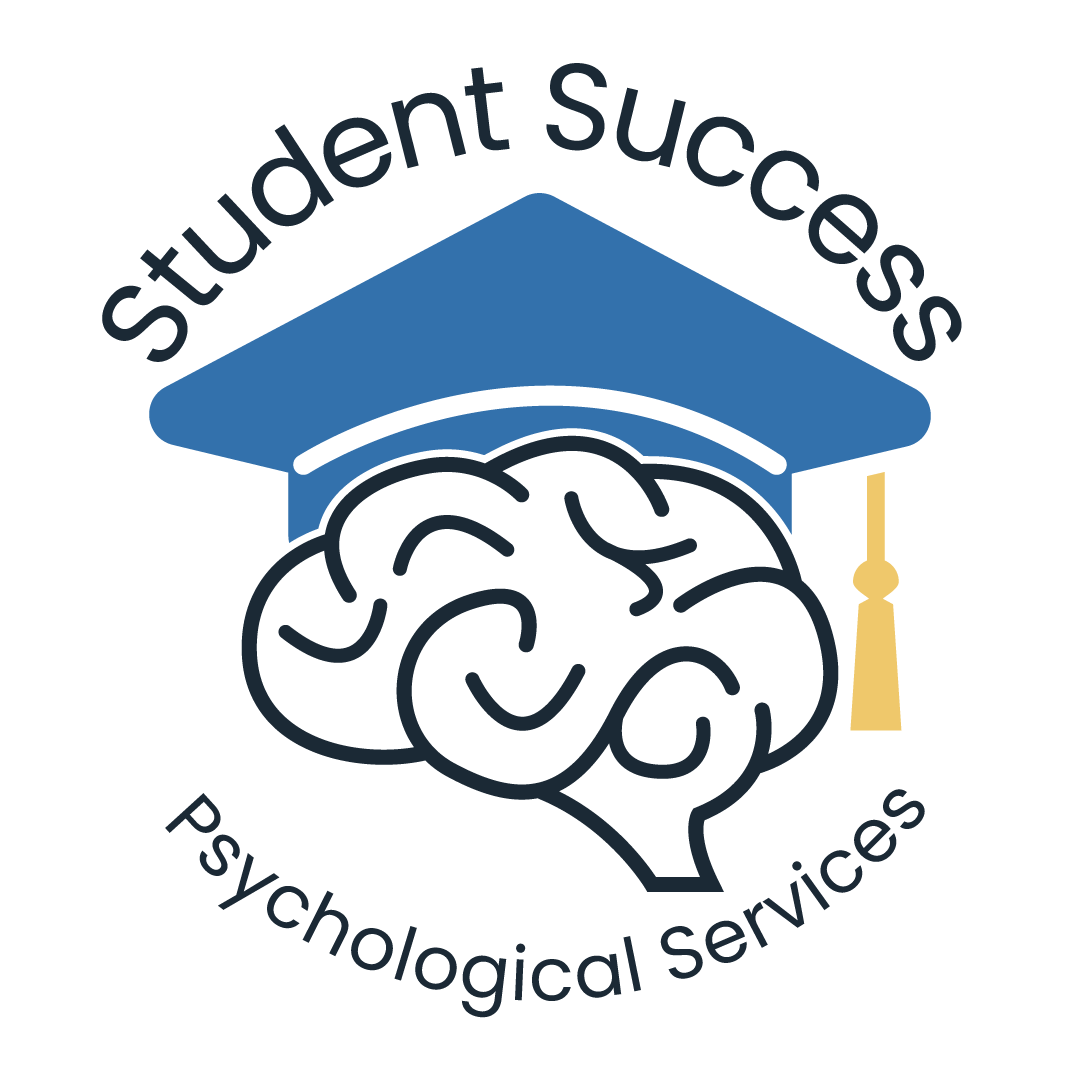Thriving in College with ADHD: A Guide for Students and Parents
College life can be exciting, but it can also bring unexpected challenges, especially for students with ADHD. From balancing classes to managing your time to navigating new independence, the college environment can test your focus and executive functioning in ways high school never did. But here’s the good news: researchers have identified how students with ADHD can be best supported in college, and how you, as a student or parent, can take the first steps.
Why ADHD Can Make College Especially Challenging (But You Can Still Succeed)
College is a major transition. There’s less structure, more distractions, and no one reminding you of deadlines or checking in when you miss class. For students with ADHD, this often leads to struggles with grades, time management, and emotional wellbeing.
Students with ADHD are more likely than their peers to:
Have lower GPAs
Be placed on academic probation
Experience anxiety or depression
Drop out before completing their degree
However, these outcomes are certainly not inevitable. Students with ADHD are fully capable of doing well in college. The challenge is not about intelligence or effort, but rather finding the right support, strategies, and building a system that works for you.
How You Can Succeed
The most success comes from a comprehensive care approach designed to meet the real-world needs of college students with ADHD. It doesn’t rely on just one method (like medication or tutoring). Instead, it pulls together all the pieces that matter: academic support, mental health care, time management tools, and care coordination.
Here’s how you can build the support you need.
1. You Don’t Have to Do This Alone
One of the hardest parts of managing ADHD in college is that you’re suddenly expected to manage everything yourself: therapy, class schedules, medication refills, and academic deadlines. That’s a lot for anyone to manage, and even more so when ADHD makes planning and organizing tough.
Find a care coordinator, someone who can help you connect the dots across all areas of your life. This might be:
A therapist who checks in with you weekly
A campus disability services advisor
A clinician who helps coordinate therapy, medical care, and academic support
Where to start:
Reach out to your college’s disability or student support services. They often have staff who can act as this type of coordinator.
If you already have a therapist, ask if they can help create a plan or help communicate with other providers.
For parents: Ask your student how you can help them find this kind of support, and respect their need for independence as they figure it out.
2. Build Systems That Work With (Not Against) Your Brain
Executive functioning is the set of mental skills that help you stay organized, plan ahead, and follow through. ADHD affects these skills, which is why it can feel hard to start tasks, remember deadlines, or switch between activities. Use behavioral strategies to improve these areas. These strategies are practical and flexible, perfect for college life.
Some examples include:
Using a digital planner or calendar app with reminders
Breaking large assignments into smaller tasks with mini-deadlines
Setting up visual cues like sticky notes or checklists in your workspace
Establishing weekly check-ins with a friend, coach, or mentor to stay on track
Where to start:
Try using a system like Google Calendar or Notion for class schedules and reminders.
Ask your academic advisor about academic coaching or ADHD-friendly tutoring.
For parents: Offer to help brainstorm systems, then take a step back and let your student experiment with what works for them.
3. Take Mental Health Just as Seriously as Academics
College is a time of growth, change, and new responsibilities. With everything going on, it can be easy to put your mental health on the back burner. But if you have ADHD, taking care of your emotional well-being is just as important as staying on top of academics. Supporting your mental wellness should be an intentional and ongoing part of your college experience. It’s not something to focus on only when you’re overwhelmed or burned out, it’s something to build into your routine, just like studying or going to class.
One of the most effective ways to maintain mental wellness is through Cognitive Behavioral Therapy (CBT). CBT gives you practical tools for managing stress, building confidence, and navigating challenges more effectively. It can also help you better understand how ADHD affects your emotions and behavior so that you can respond with strategies instead of frustration.
Where to start:
Look into your college’s counseling or mental health center. Most schools offer free or low-cost therapy sessions.
Find small ways to check in with yourself emotionally each week: journaling, movement, quiet time, or talking with someone you trust.
For parents: Talk openly about mental wellness as part of the college transition. Support your student in seeing therapy or self-care not as a “fix,” but as part of thriving in college and beyond.
4. Medication Helps, But It’s Not a Standalone Solution
Medication can be a powerful support, but it works best when it’s just one part of a bigger system designed to help you succeed. Medication is one piece of a larger, balanced care plan, alongside strategies like therapy, academic support, and time-management tools. When all of these pieces work together, you’re more likely to feel organized, focused, and capable in your day-to-day life.
That said, managing medication on your own in college can feel like a big adjustment. Between busy schedules and a new environment, it’s easy to lose track of things like prescriptions or follow-up appointments. That’s why it’s so important to have a plan that makes staying on top of it all easier.
Where to start:
Set up reminders to take your medication each day, whether through an app, alarms, or a roommate system.
Schedule regular check-ins with your prescriber to talk about what’s working and what might need adjusting.
Pair medication with tools like therapy or academic coaching, so you’re getting support in every area that matters.
For parents: Support your student in creating a medication plan before they leave for school, including refill logistics and who they can contact with questions. Encourage independence, but offer backup if they need help troubleshooting.
Bottom Line: ADHD Doesn’t Have to Hold You Back
College life with ADHD has its hurdles, but you're not alone in facing them. You can succeed when you have support that works across all areas of life. That means not just academics, but also mental health, daily routines, and a connected care system.
As a student:
Be kind to yourself. You’re not behind—you’re just building tools that fit the way your brain works.
Reach out, ask for help, and know that taking care of your needs is a sign of strength.
As a parent:
Trust your student to take the lead, but stay nearby as a safety net.
Help connect them to the right support systems early—and keep the conversation going throughout their college journey.
References
Meinzer, M. C., Oddo, L. E., Garner, A. M., & Chronis-Tuscano, A. (2020). Helping college students with attention-deficit/hyperactivity disorder SUCCEED: A comprehensive care model. Cognitive and Behavioral Practice, 27(2), 216–229. https://doi.org/10.1016/j.cbpra.2019.11.002

